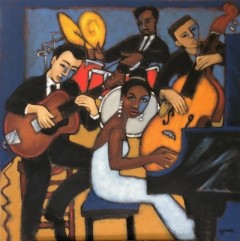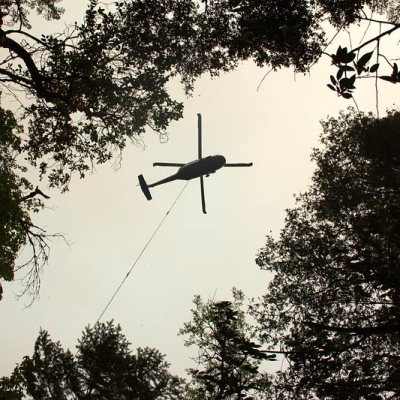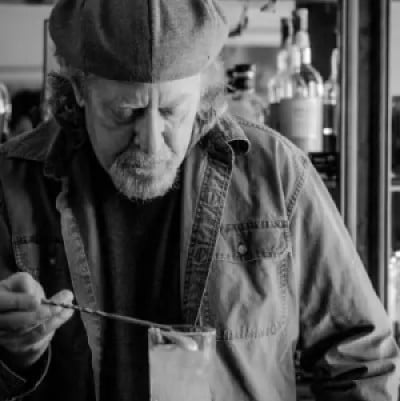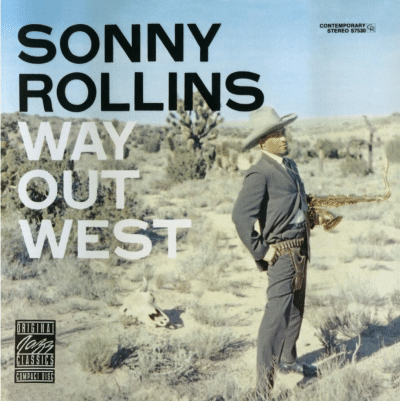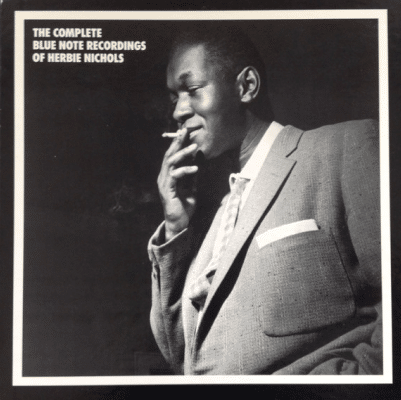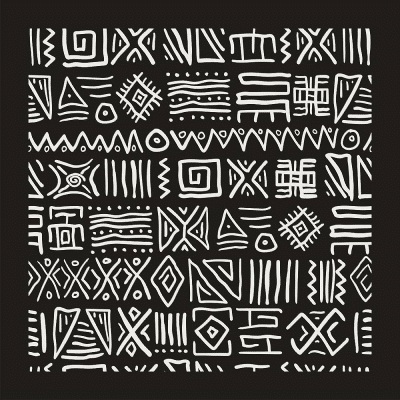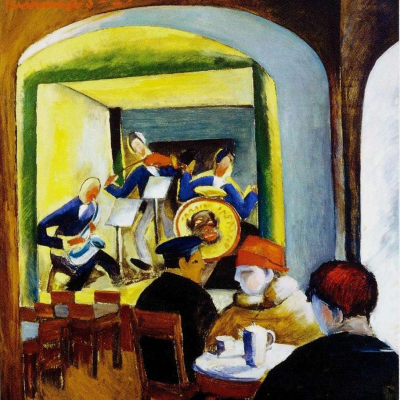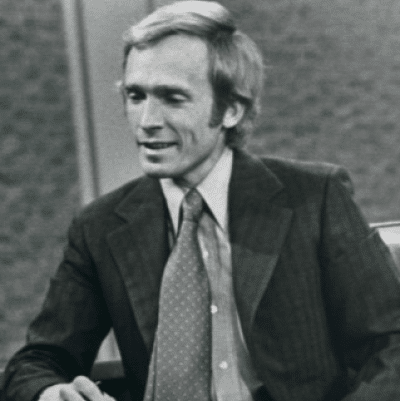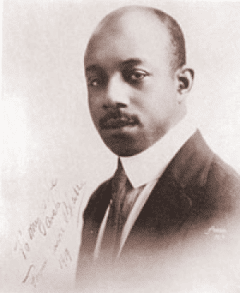Memories of four Jerry Jazz Musician subscribers
_________
I have a fond memory of one of the first music performances I attended. In 1970, at the age of 15 and a student in an all-boys Jesuit high school in San Francisco, I wanted to go hear B.B. King, who was coming to San Francisco to perform at the Fillmore West. (On another occasion Albert King performed, but it was in a bar that I couldn’t go into, so I listened from an alley that a stage door opened onto.) No one that I knew had any interest in hearing B.B. King, so I asked my mother if I could go by myself. To make the sale, I showed her record albums of B.B. King that I had, so that she could see that he was a respectable guy and not one of the hippies that she wanted me to avoid.
The deal was that I would take the Muni bus to the concert and that at exactly 12 midnight, my mother would be out in front of the Fillmore West on Market Street to pick me up. 12 midnight was quite a negotiated deal, since it involved convincing my mother that unlike the Symphony, nothing interesting started to happen until 10 pm. Under pain of death I had to be on the street at 12 midnight.
I don’t recall the first groups (Mongo Santamaria may have been one), but when B.B. King came onto the stage, with that bright red Gibson ES-345 and Fender Twin Reverb, backed up by Sonny Freeman on drums and Duke Jethro and Bobby Forte (“Valentino the 12th” as B.B. King introduced him, mysteriously to me) and the other members of his regular, great touring band, I wormed my way through the crowd until I was at the foot of the stage and that Twin Reverb was right in my face. There I stayed as musicians from the local scene arrived to show homage to the King of the Blues Guitar. At midnight, Carlos Santana and Elvin Bishop were on the stage, and I had to leave. The next day in Ralph Gleason’s column in the San Francisco Chronicle, I read that the concert went on until 5 am.
However, a deal is a deal, so down I went to a foggy, cold Market Street at midnight, and there was my mother, blocking traffic, parked where no parking was allowed, in her V8 Oldsmobile, not giving a rip about people honking at her, since after all she was waiting for her baby, and that was that. I was surprised at how cheerful she was when I got in the car, since it was midnight after all, but her first comment to me was: “What a lovely group of people that was at your concert!” I didn’t realize what she meant until years later: at midnight many of the middle-aged African-American concert-goers, dressed in suits and ties and dresses, carrying folding chairs (since the Fillmore West was “festival seating”, i.e., no seats other than the floor), were leaving at the same time that I was. Years later I realized that most of the people leaving the Fillmore West when I was were around my mother’s age, dressed nicely, etc. No drugs, no booze, no crazy hippies — just reasonable-looking people who enjoyed a kind of music that my mother had no conception of whatsoever, and would never listen to and couldn’t recognize, but was willing to allow her 15 year old son to go to alone, because she understood that kids liked music and a deal’s a deal.
_________
B.B. King: Live and Well
*
The first LIVE music performance I can recall took place when I was but a little twirp. I went to Birdland in Manhattan to hear the Hi-Los and became FASCINATED beyond belief by their accompanist, Clare Fischer. I’d never heard ANYONE ever play like that before.
I spent the next day experimenting with voicings until I found remnants of the SOUND that IS Clare Fischer. This affected my entire life because that SOUND became an integral part of my playing and eventually my writing. Of course, I did not become a counterfeiter of Clare’s. Instead, it became the inspiration to continue experimenting with voicings, reharmonizations, etc., leading to a larger harmonic ‘vocabulary’ than I had before.
_________
The Hi-Lo’s
*
Yesterdays
_____________________
I follow jazz since my teens (I’m 56) but I can clearly remember my first jazz concert. I’m Brazilian and living in São Paulo, a town currently with 17 million inhabitants. At that occasion São Paulo was much smaller, although always a place full of artistic life, in music, theaters, art exhibitions, movies (São Paulo for instance has a large Japanese population and there were times in São Paulo when there were four or five Japanese movie theaters, which probably didn’t exist elsewhere in such a large amount).
When I bought my ticket to attend the jazz concert which would be held the next evening, I did so with my pocket money, without telling my parents because I was fearing they wouldn’t let me go. I was 14. During the show there were several jazz groups, one after the other, some very known names for me, others not. When it was half past midnight I looked to my watch and said to myself: “I’m not going home, I’ll stay until the end !” And that’s what I did, although always fearing my parents attitude when I would finally get home. After the concert ended I walked to a bus stop and waited a very long time for a bus to show up and take me home (I was 14 and no car of course). When I was approaching my building at 4 AM I saw my father walking in circles on a terrace we had, and I thought to myself: “Oh, oh, I’ll be in trouble soon…”
I finally got home and the first thing my father did was to shout at me madly, in despair, telling me not to do that again, etc.
I went to bed as the most happiest fellow in the world, filled with the most beautiful sounds my ears could grasp and, infected with the jazz virus until the present date!
I was born in 1927 in Montreal, Canada, a contemporary (and early fan) of Maynard [Ferguson] and Oscar [Peterson]. The first live performance that I remember, and probably the first I attended, was a big band concert at the Snowdon Theatre during WWII by the Montreal High School Victory Serenaders, led by one Percy Ferguson. What was so special? Well, in the trumpet section was little brother Maynard — a very young teenager — even then playing those stratospheric sounds that made him so famous . And, at the piano, Oscar Peterson!
Several years later, on an afternoon during the Christmas season, I was at the Alberta Lounge in Montreal, home base for the Oscar Peterson Trio. At the time, Maynard had been playing in the US with Boyd Raeburn’s band . Home for the holidays, he paid a surprise visit to the lounge and sat in. The word spread. You could not move in the Alberta. The music was unforgettable.
Seems to me that I grew up in exactly the right place at the right time.
_________
Maynard Ferguson
*
The Way You Look Tonight, by Maynard Ferguson




